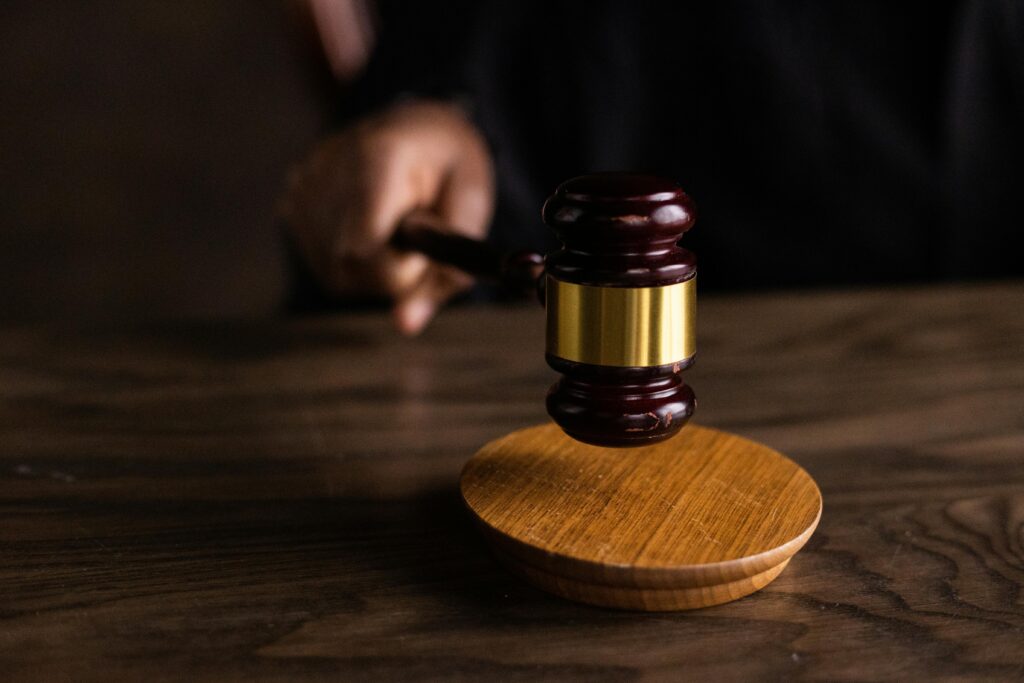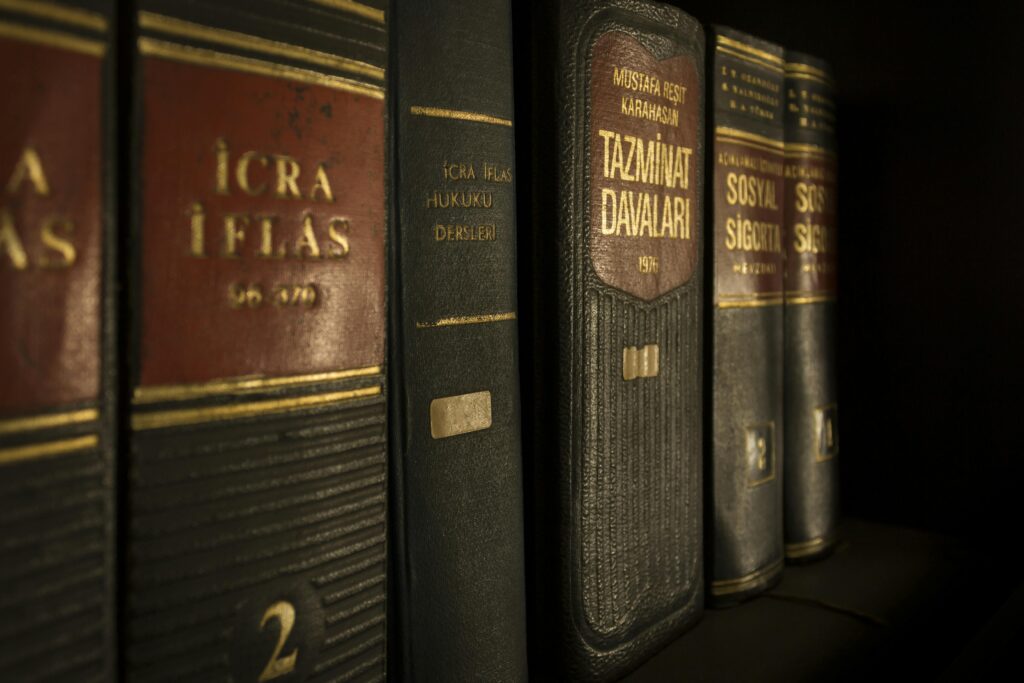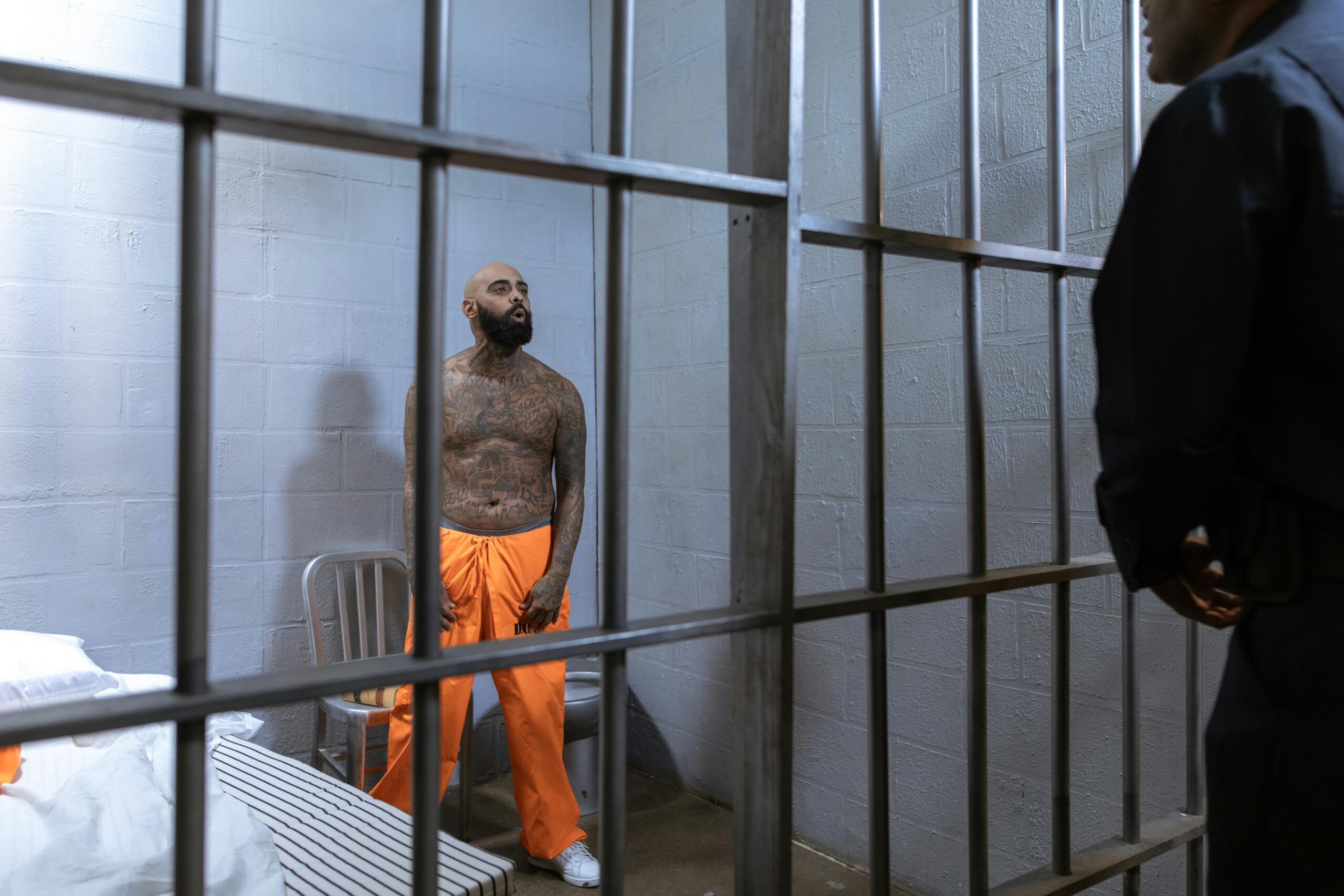A Comprehensive Diagram

Presentation
Criminal law serves as the spine of any lawful framework, characterizing what activities are considered wrongdoings and laying out the comparing disciplines. Established in societal standards, ethical values, and lawful standards, criminal law plays a significant part in keeping up arrange and defending the rights of people inside a community. This article gives a comprehensive investigation of criminal law, following its authentic advancement, analyzing its key components, and highlighting its modern challenges and headways.
Authentic Improvement of Criminal Law
The beginnings of criminal law can be traced back to old civilizations, where early legitimate codes codified worthy behavior and endorsed punishments for transgressions. For occurrence, the Code of Hammurabi, dating back to old Mesopotamia, is one of the most punctual known lawful codes, containing arrangements that portrayed violations and disciplines.
All through history, different social orders have created their claim lawful frameworks, each reflecting the social, devout, and political values of the time. In antiquated Greece and Rome, for case, the concept of reprisal played a central part in criminal equity, with disciplines regularly centered on reestablishing adjust and demanding retribution.
Amid the Center Ages, European legitimate frameworks were intensely impacted by feudalism and devout tenets, driving the rise of clerical courts and the integration of divine law into common legitimate systems. The idea of trial by difficulty, where a defendant’s blame or blamelessness was decided through powerful implies, was predominant amid this period.
The present-day period has seen noteworthy progressions in criminal law, checked by the rise of nation-states and the foundation of centralized lawful frameworks. The Edification period was introduced in a time of realism and legitimate change, with logicians such as Cesare Beccaria pushing for the standards of proportionality, discouragement, and recovery in criminal equity.
Key Components of Criminal Law
Criminal law envelops a wide extent of standards, teachings, and methods pointed at tending to illegal conduct and keeping up social arrange. Key components of criminal law incorporate:

1. Substantive Criminal Law:
Substantive criminal law characterizes the components of a wrongdoing, counting the precluded conduct (actus reus) and the essential mental state (mens rea). Wrongdoings are categorized based on their seriousness, extending from misdemeanors to felonies, with comparing punishments endorsed by law.
2. Procedural Criminal Law:
Procedural criminal law administers the method by which people denounced violations are explored, indicted, and attempted. It envelops standards such as due handle, the presumption of guiltlessness, and the correct to a reasonable trial. Procedural shields are basic for securing defendants’ rights and guaranteeing the astuteness of the criminal equity framework.
3. Corrective Law:
Correctional law sets up the run of disciplines accessible for distinctive violations. Disciplines may incorporate fines, detainment, probation, community benefit, or capital discipline, depending on the seriousness of the offense and moderating variables.

4. Criminal Resistances:
Criminal law recognizes different resistances that litigants may raise to challenge their culpability or legitimize their activities. Common resistances incorporate self-defense, need, pressure, craziness, and botch of truth. Litigants have the burden of demonstrating these resistances by a dominance of the proof or past a sensible question.
Modern Challenges and Headways
In later a long time, criminal law has confronted various challenges stemming from mechanical headways, social changes, and advancing lawful teachings. A few of the modern issues and progressions in criminal law include:
1. Cybercrime:
The expansion of advanced innovations has given rise to new forms of criminal movement, such as hacking, character robbery, and online extortion. Law requirement organizations and governing bodies have reacted by sanctioning cybercrime laws and enhancing cybersecurity measures to combat these dangers.
2. Criminal Equity Change:
The criminal equity framework faces examination over issues such as racial aberrations, mass imprisonment, and the viability of restoration programs. Advocates for criminal equity change call for measures such as sentencing change, safeguard change, and the development of diversionary programs to address these concerns.
3. Legal Science:
Progresses in scientific science have revolutionized criminal examinations and indictments, giving law requirements with effective devices for distinguishing suspects and setting up blame. In any case, concerns have been raised about the unwavering quality and suitability of certain measurable methods, driving calls for more prominent investigation and oversight in this field.

4. Universal Criminal Law:
The expansion of transnational wrongdoings, such as human trafficking, fear-mongering, and sedate trafficking, has required universal participation and coordination in combating these dangers. Universal criminal law systems, such as the Universal Criminal Court (ICC), play a pivotal part in arraigning people mindful of the foremost serious wrongdoings of universal concern.
Certainly, let’s dive more profound into a few extra angles of criminal law:
5. Therapeutic Equity:
In later a long time, there has been a developing accentuation on therapeutic equity as an elective approach to conventional corrective measures. Remedial equity centers on repairing the hurt caused by criminal behavior through discourse, compensation, and community association. This approach prioritizes the requirements of casualties, empowers guilty party responsibility, and points to advanced recuperation and compromise inside communities.
6. Criminal Strategy Change:
Endeavors to change criminal strategies look to address issues such as wrongful feelings, police unfortunate behavior, and procedural obstructions to equity. Changes may incorporate measures to improve police responsibility, grow to lawful representation, and make strides in the unwavering quality of onlooker declaration and legal proof. Furthermore, the utilization of elective debate determination instruments, such as intervention and discretion, may offer more proficient and evenhanded roads for settling certain sorts of criminal cases.
7. Adolescent Equity:
The treatment of adolescent guilty parties inside the criminal equity framework has been a subject of continuous talk about and change. Recognizing the one-of-a-kind vulnerabilities and formative needs of youthful wrongdoers, numerous wards have actualized specialized adolescent equity frameworks centered on recovery and intercession instead of discipline. These frameworks may offer redirection programs, counseling, and instructive openings aimed at controlling youth absent from advanced inclusion in criminal action.

8. Intersectionality and Lawful Value:
Criminal law converges with different social characters and encounters, counting race, sex, lesson, and sexual introduction. Marginalized communities frequently confront unbalanced rates of policing, capture, and imprisonment, highlighting systemic imbalances inside the criminal equity framework. Endeavors to advance lawful value in criminal law may include tending to understood predisposition, expanding the lawful calling, and executing arrangements that diminish incongruities in law authorization and sentencing results.
9. Globalization and Transnational Wrongdoing:
The interconnecting of the present-day world has encouraged the multiplication of transnational wrongdoing systems locked in in exercises such as human trafficking, cash-washing, and cyberterrorism. Tending to these complex challenges requires universal participation and the improvement of lawful systems that empower viable collaboration over borders. Arrangements, removal understandings, and shared lawful help components play basic parts in combating transnational wrongdoing and advancing worldwide security.

10. Rising Legitimate Issues:
As society advances, modern legitimate issues and problems develop that challenge conventional ideas of guiltiness and equity. Talks about encompassing themes such as medication legalization, assisted suicide, and manufactured insights raise significant questions about person independence, open security, and the part of the state in directing behavior. Criminal law must adjust to address these developing challenges while maintaining essential standards of reasonableness, responsibility, and the security of human rights.
Conclusion
Criminal law may be an energetic and complex field that proceeds to advance in reaction to moving societal standards, innovative headways, and legitimate improvements. From its authentic beginnings to its modern appearances, criminal law reflects society’s progressing journey for equity, arrangement, and security. By tending to key challenges, embracing innovative approaches, and promoting legitimate value, we will endeavor to form a criminal equity framework that’s reasonable, viable, and responsive to the requirements of people and communities.
